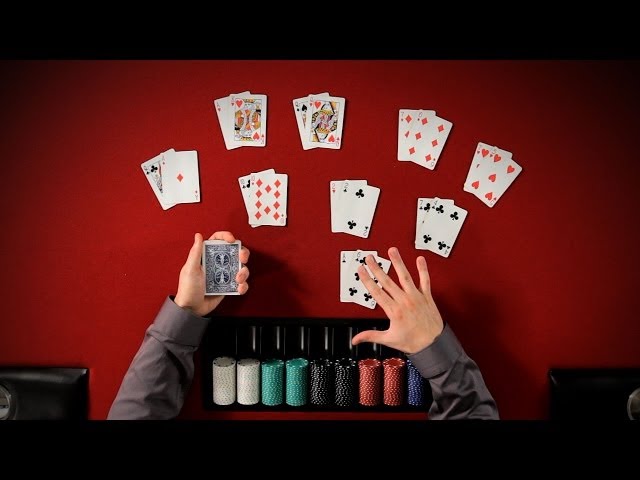Poker is a game of skill, strategy, and psychology, and playing it successfully requires more than just luck. For enthusiasts of PT777, understanding the best strategies for handling poker hands can make the difference between winning consistently and losing quickly. This guide will explore essential strategies, tips, and insights to elevate your poker game on PT777.
Understanding PT777 Poker Hands
Before diving into strategies, it’s crucial to understand the structure of poker hands in PT777. Hands are ranked from high to low as follows:
-
Royal Flush – Ace, King, Queen, Jack, and Ten of the same suit.
-
Straight Flush – Five consecutive cards of the same suit.
-
Four of a Kind – Four cards of the same rank.
-
Full House – Three of a kind plus a pair.
-
Flush – Five cards of the same suit, not consecutive.
-
Straight – Five consecutive cards of different suits.
-
Three of a Kind – Three cards of the same rank.
-
Two Pair – Two sets of paired cards.
-
One Pair – A single pair of cards.
-
High Card – The highest single card when no other combinations exist.
Knowing the hand rankings is foundational because all your strategies revolve around maximizing the potential of your cards while minimizing risk.
Strategic Pre-Flop Decisions
In PT777, your pre-flop strategy sets the tone for the entire hand. Key considerations include:
-
Starting Hand Selection: Not all hands are worth playing. Premium hands like Ace-King, pocket Aces, and Kings should always be played aggressively. Marginal hands like low connectors or unsuited cards require more caution.
-
Position Awareness: Your position at the table significantly impacts decision-making. Being in a later position gives you more information about opponents’ actions, allowing you to make calculated moves.
-
Bet Sizing: Opening with an appropriate bet can set the pace. Too small a bet may invite multiple callers, while too large a bet may scare off potential opponents unnecessarily.
Post-Flop Tactics for PT777
Once the flop is revealed, strategy shifts from selection to analysis and adaptation. Consider these tactics:
-
Reading the Board: Analyze how the community cards interact with your hand. Potential straights or flushes should influence your betting strategy.
-
Bluffing Wisely: PT777 offers opportunities for calculated bluffs, but timing is critical. Bluff when the board suggests possibilities that could plausibly support your hand.
-
Pot Odds and Expected Value: Evaluate whether continuing a hand is worth the risk. Calculating pot odds helps determine if chasing a draw is profitable in the long run.
Advanced Strategies
For more experienced players, mastering advanced techniques can further improve your PT777 performance:
-
Semi-Bluffing: Betting with a drawing hand can force opponents to fold, giving you a chance to win even if your draw doesn’t complete.
-
Table Image Management: How your opponents perceive your play style can be leveraged. If you’ve been tight, occasional aggressive plays may have greater impact.
-
Adjusting to Opponents: Observe patterns, tendencies, and reactions. Aggressive opponents require different strategies than passive ones.
Bankroll and Mindset Management
Even with perfect strategies, poor bankroll and emotional management can lead to losses:
-
Bankroll Discipline: Always play within your means. Avoid chasing losses or increasing stakes impulsively.
-
Patience and Emotional Control: PT777 poker is a long-term game. Staying patient and avoiding tilt (emotional decision-making) is crucial.
-
Continuous Learning: Analyze past games, study strategies, and adapt. Poker is an evolving game, and staying informed gives a competitive edge.
Conclusion
Winning at PT777 poker isn’t just about luck—it’s about strategy, observation, and decision-making. By understanding hand rankings, making smart pre-flop and post-flop moves, employing advanced strategies, and managing your bankroll, you can consistently improve your performance. Remember, every hand is an opportunity to refine your skills and outsmart your opponents.
Master these strategies, and PT777 will no longer be a game of chance—it will be a game of skill.


